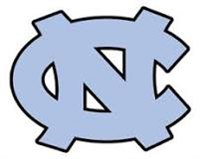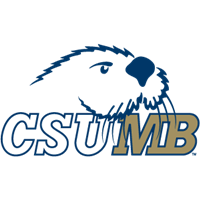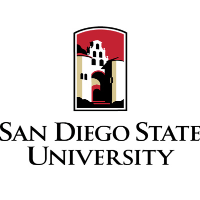What do they do?
Compete in athletic events.
Also known as:
Baseball Pitcher, Baseball Player, Basketball Player, Football Player, Golf Professional, Golfer, Hockey Player, Major League Baseball Player, Minor League Baseball Player, Pitcher, Professional Athlete, Professional Golf Tournament Player, Race Car Driver, Tennis Professional
-
26.1%
Change
Ranks #19 in job growth rate40Job Openings
Ranks #24 in net job growth
-
University of North Carolina at Chapel Hill
Chapel Hill, NC
-
West Chester University of Pennsylvania
West Chester, PA
-
William & Mary
Williamsburg, VA
-
California State University-Monterey Bay
Seaside, CA
-
California State University-Fullerton
Fullerton, CA
Looking for colleges that offer a specific major? Use the College Match Tool to find your best-matched schools and discover your estimated Net Price!
- Doctorate or Professional Degree (1%)
- Master's degree (9%)
- Bachelor's degree (52%)
- Associate's degree (6%)
- Some college, no degree (18%)
- High school diploma equivalent (13%)
- Less than high school diploma (2%)
People in this career often have these skills:
- Speaking - Talking to others to convey information effectively.
- Active Listening - Giving full attention to what other people are saying, taking time to understand the points being made, asking questions as appropriate, and not interrupting at inappropriate times.
- Critical Thinking - Using logic and reasoning to identify the strengths and weaknesses of alternative solutions, conclusions, or approaches to problems.
- Coordination - Adjusting actions in relation to others' actions.
People in this career often know a lot about:
- Administration and Management - Knowledge of business and management principles involved in strategic planning, resource allocation, human resources modeling, leadership technique, production methods, and coordination of people and resources.
- English Language - Knowledge of the structure and content of the English language including the meaning and spelling of words, rules of composition, and grammar.
- Customer and Personal Service - Knowledge of principles and processes for providing customer and personal services. This includes customer needs assessment, meeting quality standards for services, and evaluation of customer satisfaction.
- Personnel and Human Resources - Knowledge of principles and procedures for personnel recruitment, selection, training, compensation and benefits, labor relations and negotiation, and personnel information systems.
- Communications and Media - Knowledge of media production, communication, and dissemination techniques and methods. This includes alternative ways to inform and entertain via written, oral, and visual media.
People in this career often have talent in:
- Oral Comprehension - The ability to listen to and understand information and ideas presented through spoken words and sentences.
- Oral Expression - The ability to communicate information and ideas in speaking so others will understand.
- Problem Sensitivity - The ability to tell when something is wrong or is likely to go wrong. It does not involve solving the problem, only recognizing that there is a problem.
- Static Strength - The ability to exert maximum muscle force to lift, push, pull, or carry objects.
- Stamina - The ability to exert yourself physically over long periods of time without getting winded or out of breath.
- Explosive Strength - The ability to use short bursts of muscle force to propel oneself (as in jumping or sprinting), or to throw an object.
- Dynamic Strength - The ability to exert muscle force repeatedly or continuously over time. This involves muscular endurance and resistance to muscle fatigue.
- Speech Clarity - The ability to speak clearly so others can understand you.
- Gross Body Coordination - The ability to coordinate the movement of your arms, legs, and torso together when the whole body is in motion.
- Near Vision - The ability to see details at close range (within a few feet of the observer).
- Deductive Reasoning - The ability to apply general rules to specific problems to produce answers that make sense.
- Inductive Reasoning - The ability to combine pieces of information to form general rules or conclusions (includes finding a relationship among seemingly unrelated events).
- Multilimb Coordination - The ability to coordinate two or more limbs (for example, two arms, two legs, or one leg and one arm) while sitting, standing, or lying down. It does not involve performing the activities while the whole body is in motion.
- Extent Flexibility - The ability to bend, stretch, twist, or reach with your body, arms, and/or legs.
- Far Vision - The ability to see details at a distance.
- Speech Recognition - The ability to identify and understand the speech of another person.
This page includes data from:

 Occupation statistics: USDOL U.S. Bureau of Labor Statistics Occupational Employment Statistics
Occupation statistics: USDOL U.S. Bureau of Labor Statistics Occupational Employment Statistics









